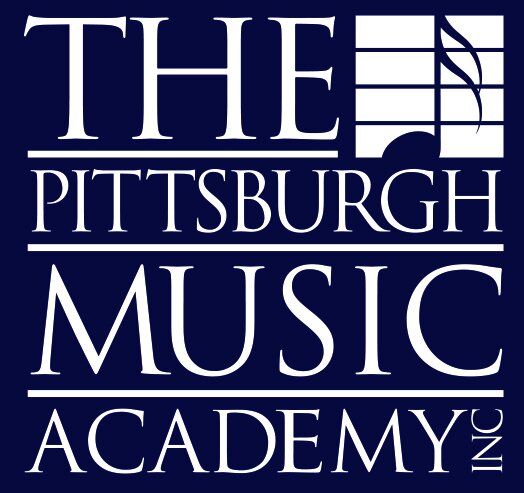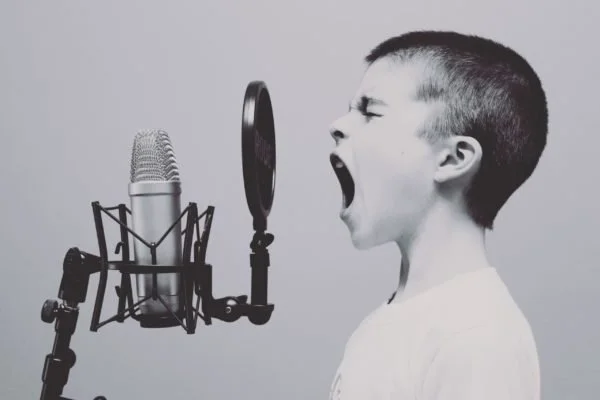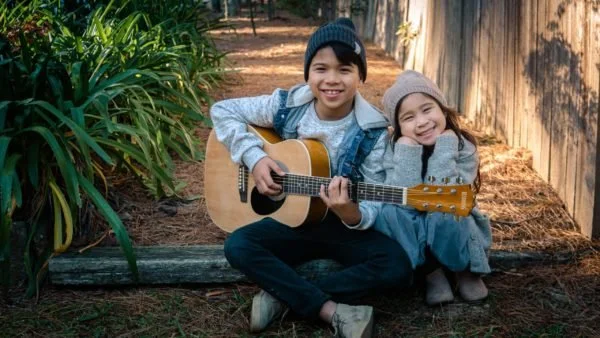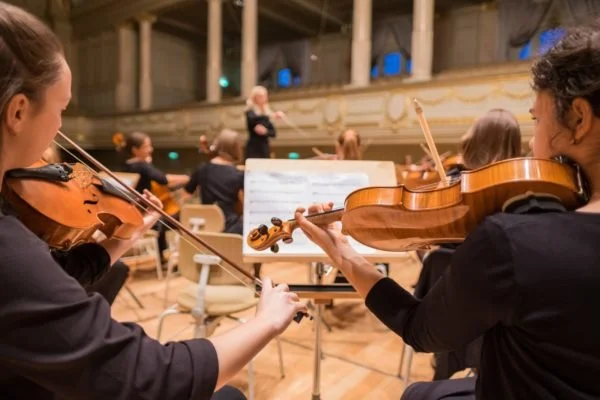Can Music Study Save Lives?
This piece was written for UniSound. Visit their page here.
It is a daily occurrence to hear of gun violence and mass shootings in the news. Most of the reported statistics about the perpetrators include age, race, gender, previous criminal record, and whether or not the weapon was obtained legally. One organization, The Violence Project in St. Paul, MN, has been looking deeper into the demographics of these men and women. This organization has been compiling a comprehensive database (The Violence Project Mass Shooter Database) including the demographics, life history, crisis points, warning signs, contagion, motivations and community factors of these individuals. Education is one of the statistics being examined in this study. I am curious about what music education these individuals may have had. My theory is little to none. I believe that people who form a deep connection to music find no need to engage in violence.
Music is excellence. It takes many hours of concentrated practice and years of lessons to become a fine musician. This kind of dedication to a single, engaging activity fosters problem-solving skills, patience, focus, and develops high individual standards. Once proficiency is achieved, performance becomes fulfilling. The artist can achieve a state of flow or total engagement. Other terms describing this state are the “runner’s high,” a “rush,” or transcendence. The performer actually gets lost in the music and connects deeply to the audience.
Music is teamwork. Families help children study music by providing the instrument, assisting in the practice, and attending lessons and performances. The student forms a close a trusting relationship with a non-familial adult; the teacher. Groups of students playing in an ensemble work together to perform music well in concerts. There is no team to beat, just an audience to move.
Music is healthy expression. All genres of music, whether pop, classical, rap, ethnic, etc., contain works specifically addressing the entire range of emotion. Some selections convey love, loss or sorrow. Other songs describe political unrest or social injustice. Music can be sacred or spiritual in nature, outlining a relationship with a God. Whatever emotion the player needs to express, music exists to support it. The performer can also create new music to fill any gaps!
One of the common unifying factors among the violent perpetrators is a deep, emotional trauma experienced at some point in the life of that individual. Perhaps music education, as a form of therapy, could be used to overcome the trauma and move the individual towards a state of wholeness without the need for violence against humanity. Perhaps if all people could learn to play music, the world could finally have peace.
11/14/2019



